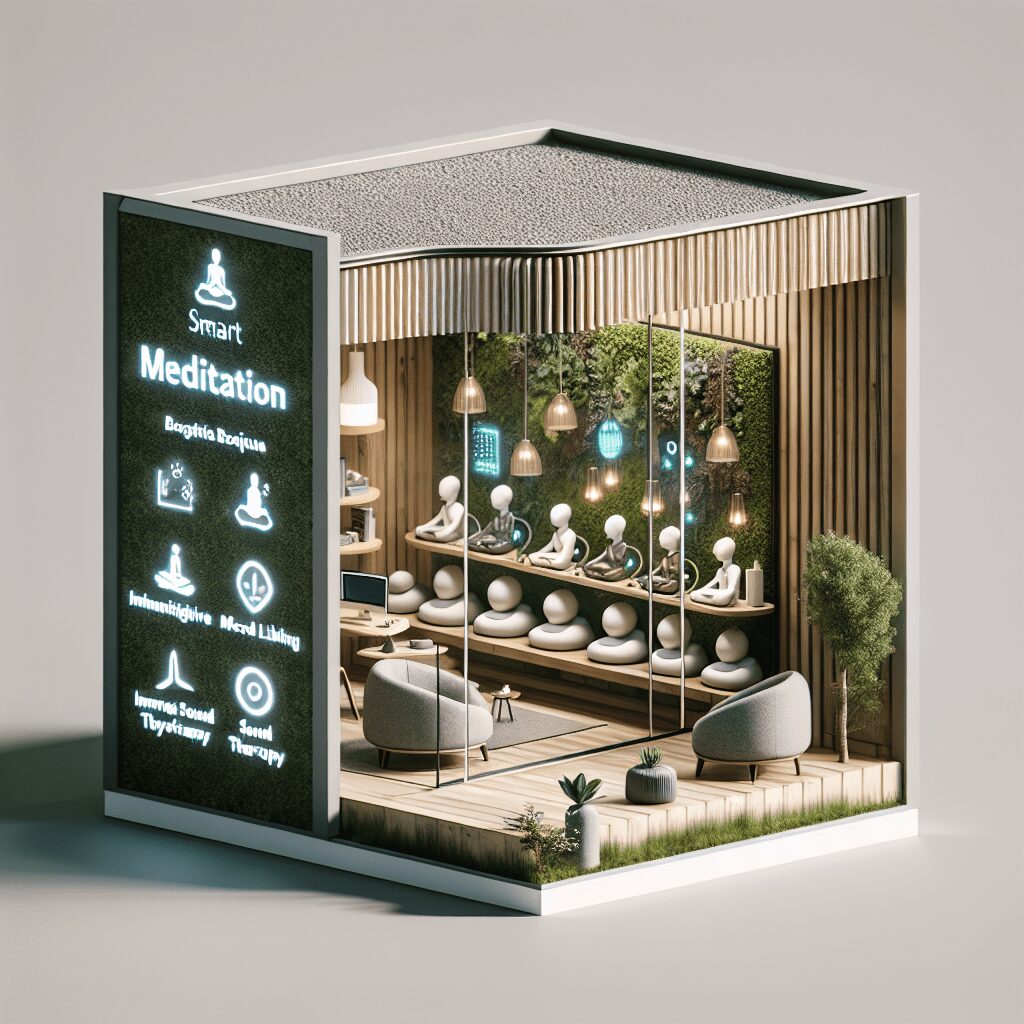
Prioritize your mental well-being daily. Enhance your life by nurturing your mental health with the Smart Meditation app. Break free from stress, alleviate anxiety, and enhance your sleep quality starting today.
Is Anxiety An Emotion?
Unraveling the Enigma of Anxiety
Ah, anxiety! That pesky, unwelcome guest that always seems to crash our mental peace party, uninvited and often overstaying its welcome. But what exactly is anxiety? Is it just an emotion, like sadness or joy, or is there more to this complex beast? Let’s dive deep into the labyrinth of our minds to uncover the true nature of anxiety.
Anxiety: More Than Just an Emotion
To say anxiety is merely an emotion would be akin to calling the ocean just a body of water. Yes, at its surface level, anxiety manifests as a feeling—an intense, often overwhelming one. However, beneath the surface lies a sophisticated and multifaceted system.
-
Biochemical Symphony: Anxiety isn’t just about feeling jittery. It’s a biochemical reaction involving hormones like adrenaline and cortisol. These chemicals are our body’s cavalry, responding to what it perceives as threats.
-
The Brain’s Alarm System: Imagine your brain has an alarm system, part of which is the amygdala. When it senses danger (real or perceived), it goes off, setting in motion the feelings we associate with anxiety. It’s the brain’s way of whispering (or sometimes shouting), “Hey, something’s not right here!”
-
An Evolutionary Hangover: Back in the day, our ancestors needed anxiety. It kept them sharp and ready to flee from saber-toothed tigers. Fast forward to today, and while the tigers are gone, our internal alarm systems are still very much active. Only now, they react to deadlines, social interactions, and, well, sometimes nothing at all!
Anxiety as a Multifaceted Experience
Understanding that anxiety is more complex than just an emotion opens the door to a more compassionate and comprehensive approach to dealing with it. Here’s why it’s crucial to see anxiety in its full dimensionality:
-
Tailored Coping Strategies: Recognizing the biological underpinnings of anxiety paves the way for treatments beyond “just relax”. From medication to mindfulness, knowing that anxiety is a whole-body experience calls for a holistic toolbox.
-
Compassion and Understanding: Once we see anxiety as a multifaceted response, rather than a sign of emotional weakness, we can foster a more supportive environment for ourselves and others.
-
Prevention Over Cure: Grasping the full spectrum of anxiety empowers us to identify triggers and early signs. Like a skilled captain navigating through stormy seas, we can take proactive measures to steer clear of anxiety-inducing situations or batten down the hatches when avoidance is impossible.
Conclusion
So, is anxiety an emotion? Yes, but it’s also so much more. It’s a primal reaction, a chemical ballet, and a psychological alarm system. Understanding this complexity is vital, not only for those navigating through the choppy waters of anxiety but for society as a whole. By recognizing the nuanced nature of anxiety, we can better support those who face its challenges daily and move towards a future where mental well-being is not just a goal but a reality.





